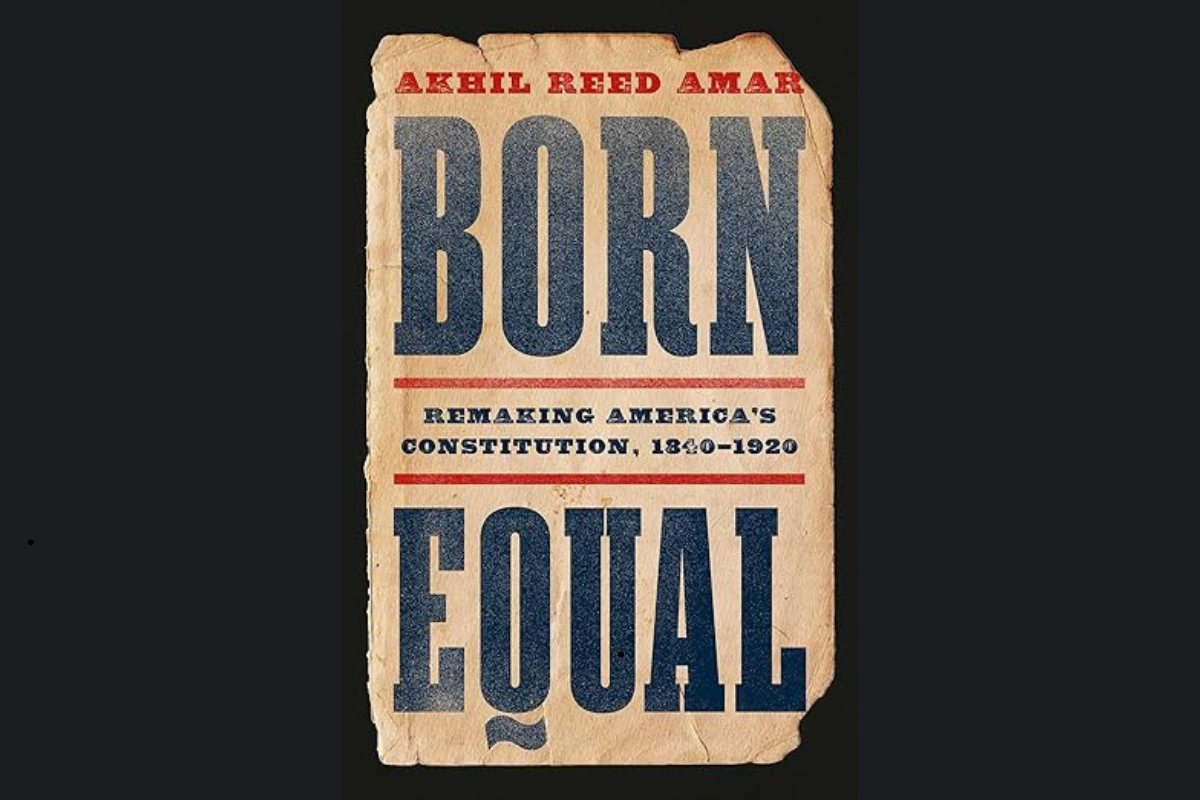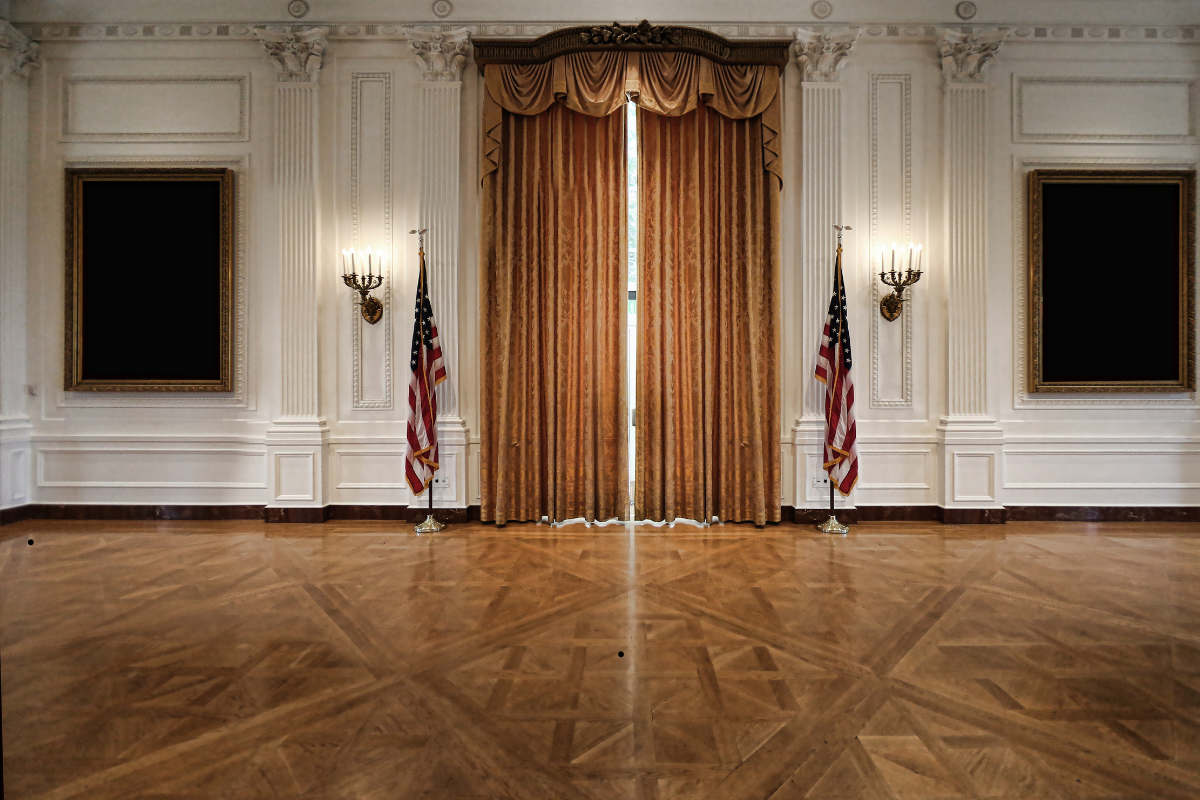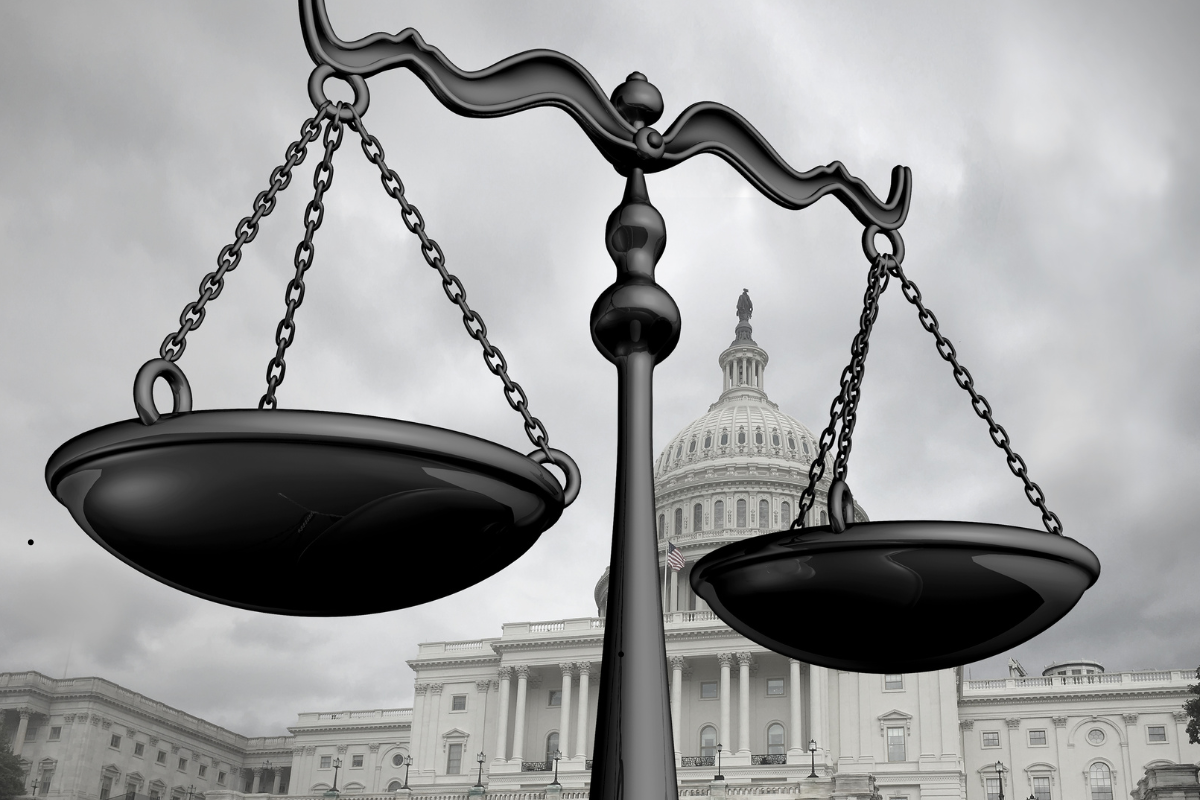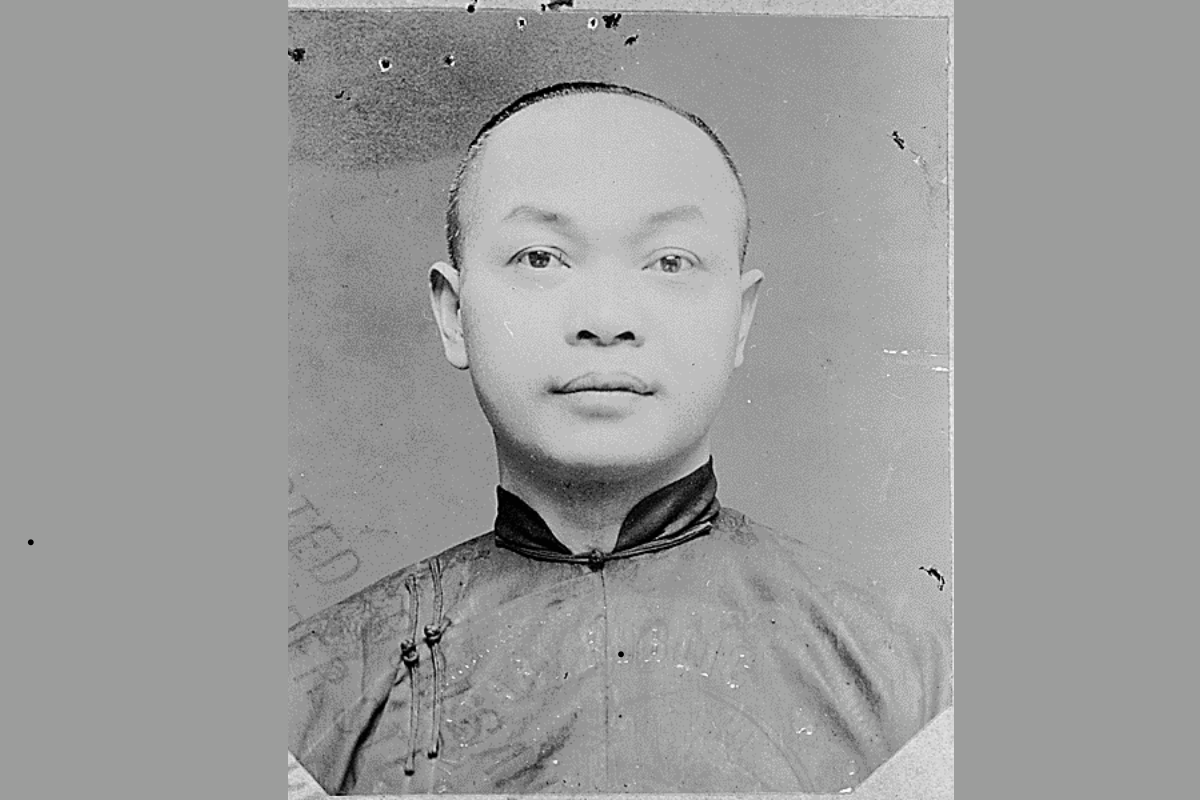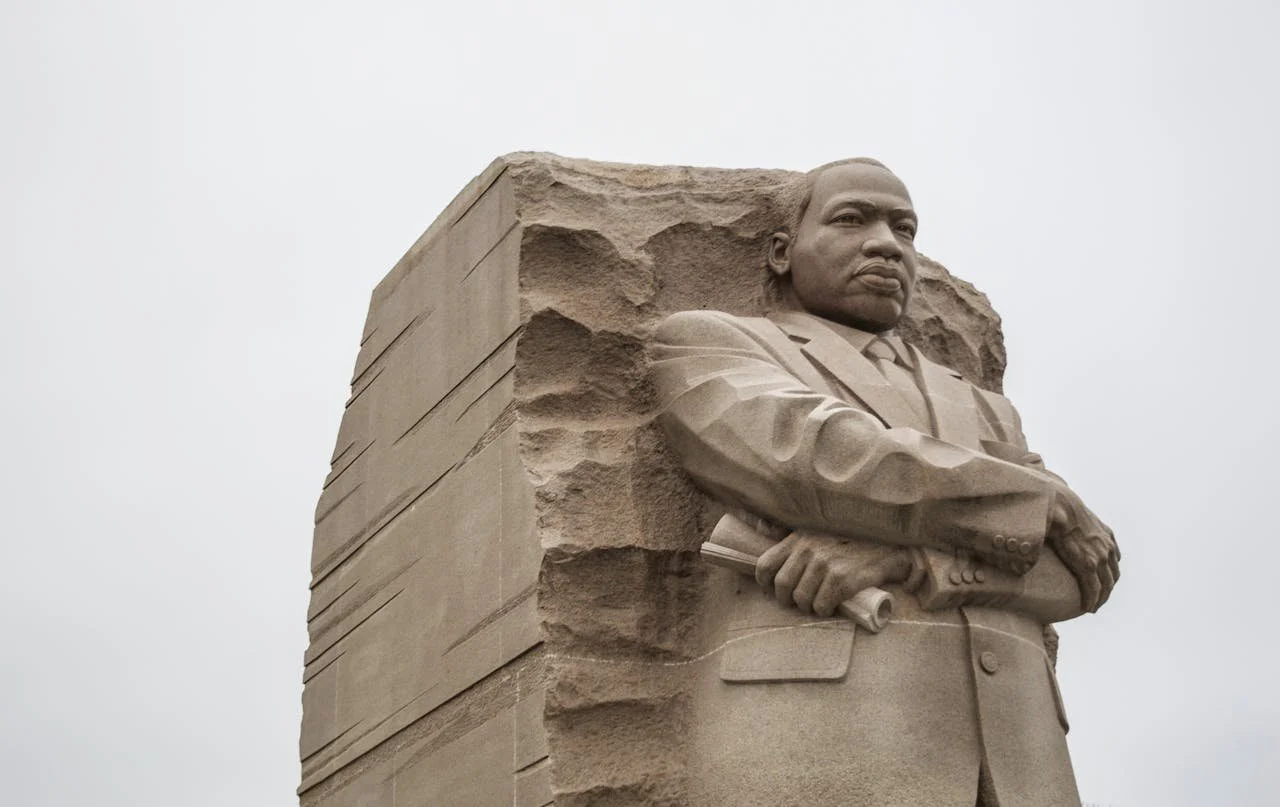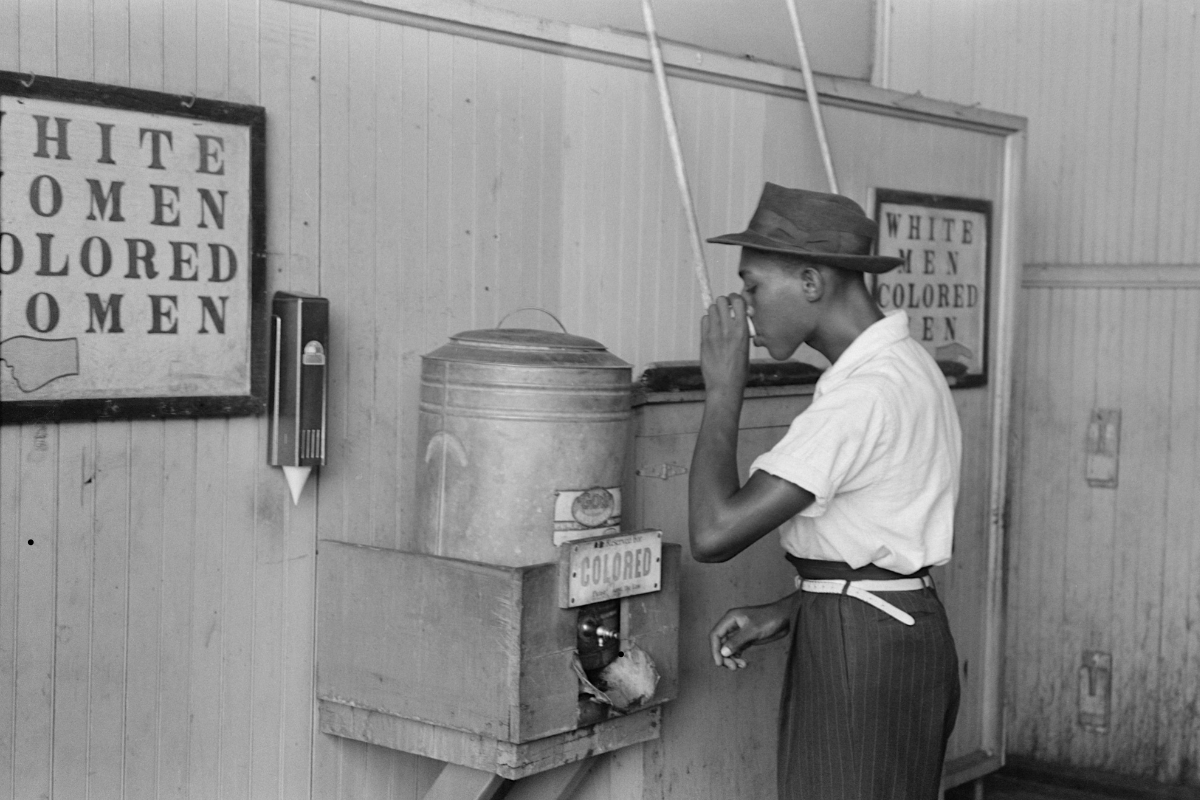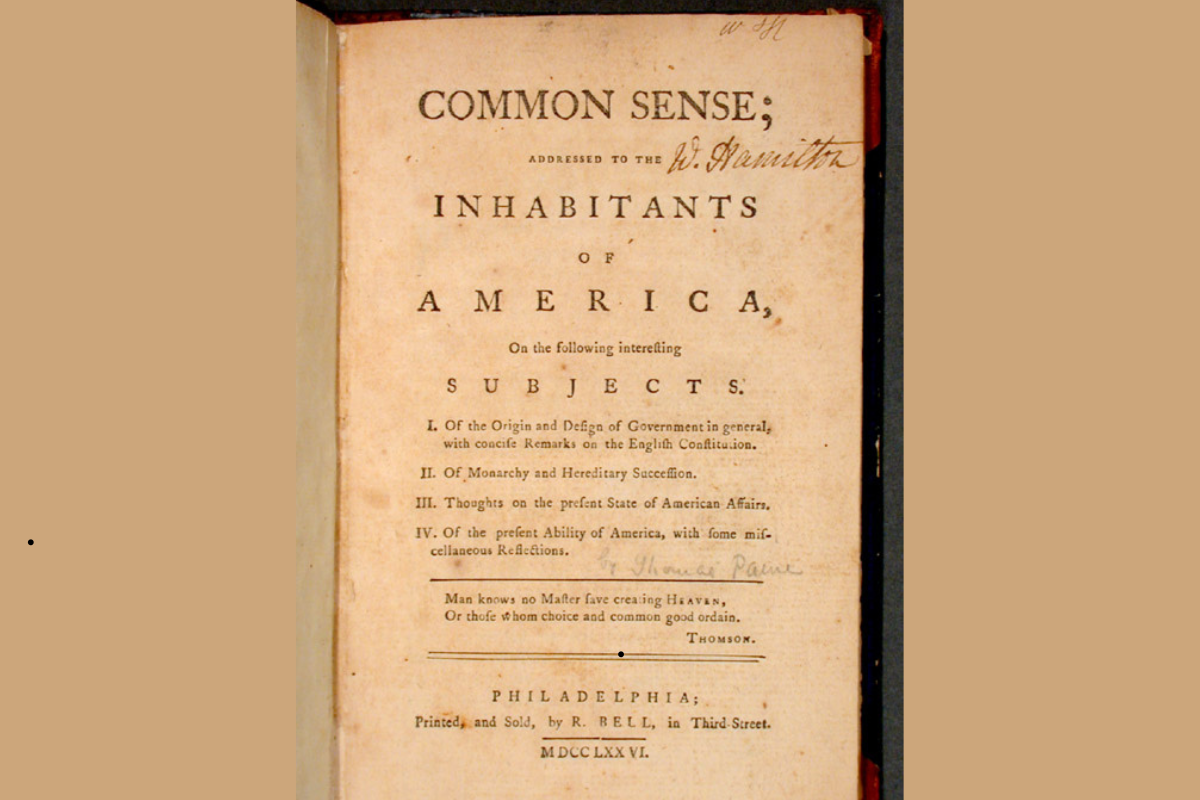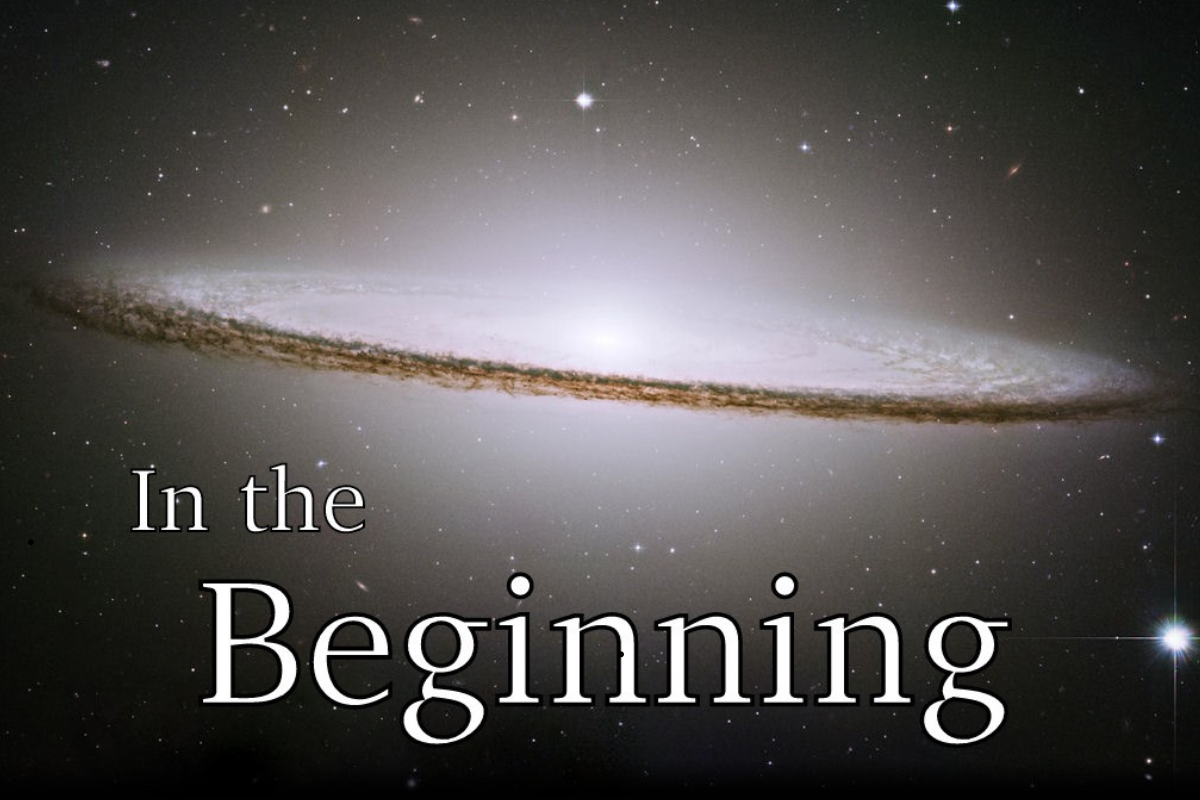
Louis Markos
Dr. Markos, who is an authority on C. S. Lewis, apologetics, and ancient Greece and Rome and who lectures widely for classical Christian and classical charter schools and conferences, is the author of twenty-six books, including From Plato to Christ: How Platonic Thought Shaped the Christian Faith, The Myth Made Fact: Reading Greek and Roman Mythology through Christian Eyes, My Life in Film: How the Movies Shaped My Soul, Ancient Voices: An Insider’s Look at the Early Church, From Achilles to Christ: Why Christians Should Read the Pagan Classics, On the Shoulders of Hobbits: The Road to Virtue with Tolkien and Lewis, Literature: A Student’s Guide, C. S. Lewis for Beginners, J. R. R. Tolkien for Beginners, Heaven & Hell: Visions of the Afterlife in the Western Poetic Tradition, Apologetics for the 21st Century, Atheism on Trial, Restoring Beauty: The Good, the True, and the Beautiful in the Writings of C. S. Lewis, The Eye of the Beholder: How to See the World like a Romantic Poet, Pressing Forward: Alfred, Lord Tennyson and the Victorian Age, Lewis Agonistes: How C. S. Lewis can Train us to Wrestle with the Modern and Postmodern World, three Worldview Guides to the Iliad, Odyssey, and Aeneid, and The Dreaming Stone and In the Shadow of Troy, children’s novels in which his kids become part of Greek Mythology and the epics of Homer. In 2025, IVP will publish his Passing the Torch: An Apology for Classical Christian Education and From Aristotle to Christ: How Aristotelian Thought Clarified the Christian Faith.
Read Louis Markos’ Essays




